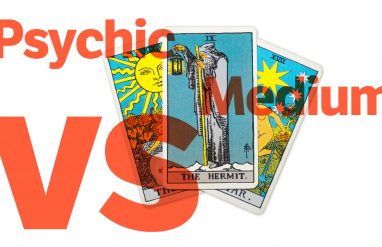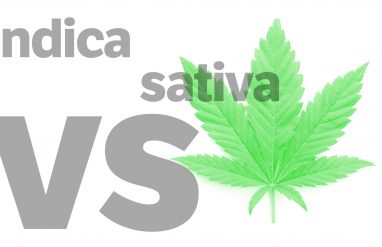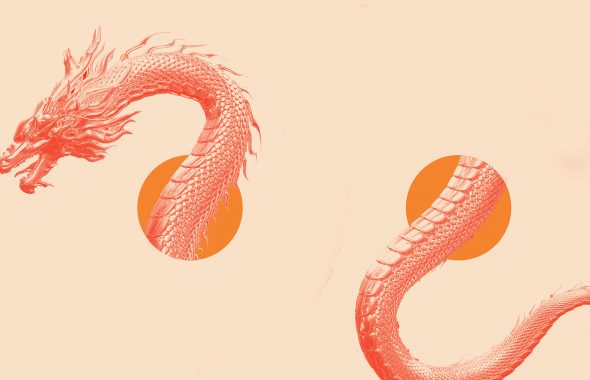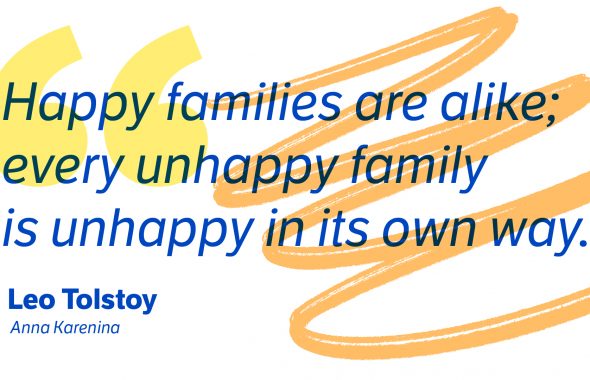They say that opposites attract, and that’s usually true for introvert–extrovert couples.
We all have that one friend who can strike up a conversation with anyone, who does well in large groups, and who loves being around people. On the other hand, we also know those who prefer quiet one-on-one activities with friends, like visiting a museum or watching a movie, when they socialize.
In couples, these personality types tend to balance each other out instead of competing with each other, but what is the correct terminology to describe each person’s personality trait?
Which person is the introverted one and which is the extrovert?
Although some may confuse these words, they aren’t similar at all and actually have opposite meanings. Read on …
What does extrovert mean?
Anyone who is an extrovert is an “outgoing, gregarious person.” But in terms of psychology, this noun is also defined as “a person characterized by extroversion; a person concerned primarily with the physical and social environment.” These bubbly people aren’t reserved and tend to mix well in social settings without stress. For this reason, we tend to describe social butterflies who love to make new friends as having an extroverted personality.
First used between 1665–75, extrovert originated from extro– and the Latin vertere, which means “to turn.”
What does introvert mean?
On the opposite side of things, there is the noun introvert, which can be defined as “a shy person,” or in the field of psychology, as a “person characterized by concern primarily with their own thoughts and feelings.” In zoology, introvert can also reference a part that is or can be introverted.
These reserved people enjoy spending time alone and tend to shy away from social settings altogether or find those social situations draining. Introverts may be more likely to experience social anxiety and may limit their social relationships to small groups of close friends. For example: although people assume he’s an extrovert because he can be the life of the party, he actually is quite introverted in that he needs alone time to recharge after group events.
The first recorded use of introvert is sometime between 1660–70, and it originated from combining intro and (in)vert.
How do we use these two words?
Now that we know the stark difference in meanings between the two nouns, it’s easy to remember which is which. Just think: an introvert is someone who is introspective and keeps inwards, while extroverts have extra big and social personalities.
For example: her dog is an extrovert and loves it when new people come over. But her timid cat is definitely more of an introvert and hides when there’s company in the house.
Here is some more information that teaches you the nuances of these terms and how to use them properly:
- Although it could be assumed actors are all extroverts because they have to perform in front of people, many are actually introverts, like Emma Watson or Johnny Depp, and use the stage to break out of their shells. (They actually still prefer to spend time by themselves and keep their personal lives private.)
- Many introverts are unlikely to miss large parties and social gatherings as they practice the recommended social distancing during the coronavirus outbreak.
- On the other hand, an extrovert might be sad about limiting social interaction because they miss activities with others.
Are you an introvert or an extrovert?
The theory of introversion and extroversion is based on psychiatrist Carl Jung’s work. But the original definitions are considered limited now; few people can claim to be strictly one or the other, and most people fall somewhere between the two when it comes to personality characteristics.
Some psychologists say there are different types of introverts: social introversion keeps some introverts home, while thinking introversion refers to individuals who are pensive and self-reflective. Not all introverts are alike!
In an interesting study of inhabitants on an island, researchers found that the longer the family had lived there across the generations, the more likely they were to be introverts. Newcomers were more likely to be extroverts!
As for relationships, two extroverts may compete for attention but will at least share mutual enjoyment of entertaining and socializing. Whereas it could be difficult for two introverts in a relationship to step outside of their comfort zones and try new things in social settings. Pairing an introvert and an extrovert together allows each to learn from the other. However, the downside is they may not understand the other’s need for alone time or social interactions, and this difference is something they will have to learn to respect about their partner.
Whatever your personality type, we hope you’ve learned a bit more about the characteristics of others around you. Sometimes things aren’t always as they seem—there’s a bit more nuance in both our language and our behavior!














